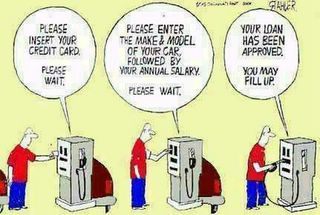Fascists & Republican Party
>when did the fascists got control of the republican party?
Things began under Nixon, and during the Reagan election there were fights by the factions, i.e. power groups in America, to grab control of peoples in the Republican Party. Some of these emerging fascists are what people are calling neo-conservatives, but these ones come in different shades, and are allied to the various power groups. They are all, well, most of them, are using fascism to grab the last pinnacle of power in America. The Rothschild element literally tried to take out one of the American power group, but the group survived. It was injured for a time only, and is back in the ring to push its tier of fascism. All this was cemented in the 1980s.
Minds are already made up that fascism has to come to America, and this movement cannot be stopped!
As I said, the Democratic Party, nothing good can be expected from it either, as both parties are to blame, because all the power groups behind this are in both parties.
The Republicans and Democrats who are speaking out on what is to come, the mainstream press muzzles them out of the news, and so their voices are not heard.
The pattern you will most likely see with both the Republicans and the Democrats is to push things considered fascists. The mainstream media will not question (i.e. attack) their fascist angle, they will just go along with them. As I said before, the tiers of Democrats who want to hang on to power will have to become centrists, and soundings like Republicans a little, and the Republicans are now getting some centrists in them too. George Pataki is a centrist. Arnold Schwarzenegger will probably become a centrist for the Republican populace to trust him. It is a deceit to woo voters. Hillary is a centrist.
There is no way America can win this -- beating off fascism.
What is going on has been decided many years ago. The only ones who were not in the know was the American public. And with the Iraq war, the media have made people so naïve in supporting the war. It is very sad to see the sons and soon daughters (under Bush and others) being killed to push agendas of these shadow groups.
>do you think all the talk about federal reserve and
>social security reform will happen?
Yes. But nothing good will result. These are all agendas to injure America. The Federal Reserve will die, and also Social Security will die, and the Stock Market will die as well. If the power groups are fighting to divide America into zones, then maybe things will go that way. The concept of the United States of America is finished. What you have are the power groups implementing things to blame it on those things. I don’t think the public will ever be told the truth.
>do you think Schwarzenegger should be elected president
>before Hillary?
No.







